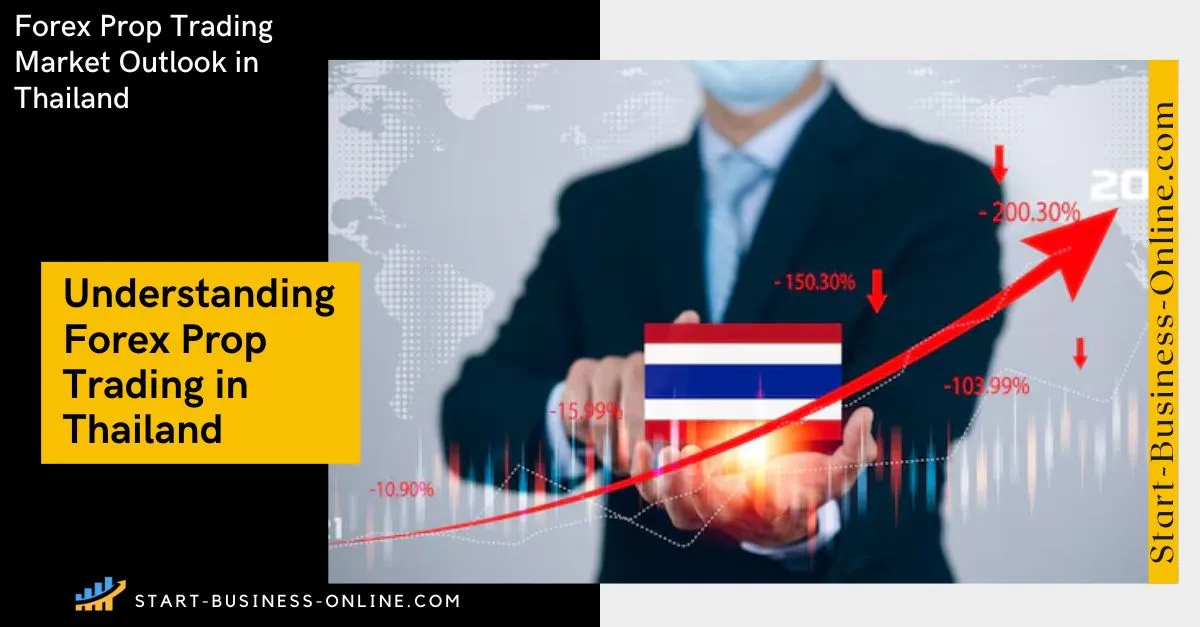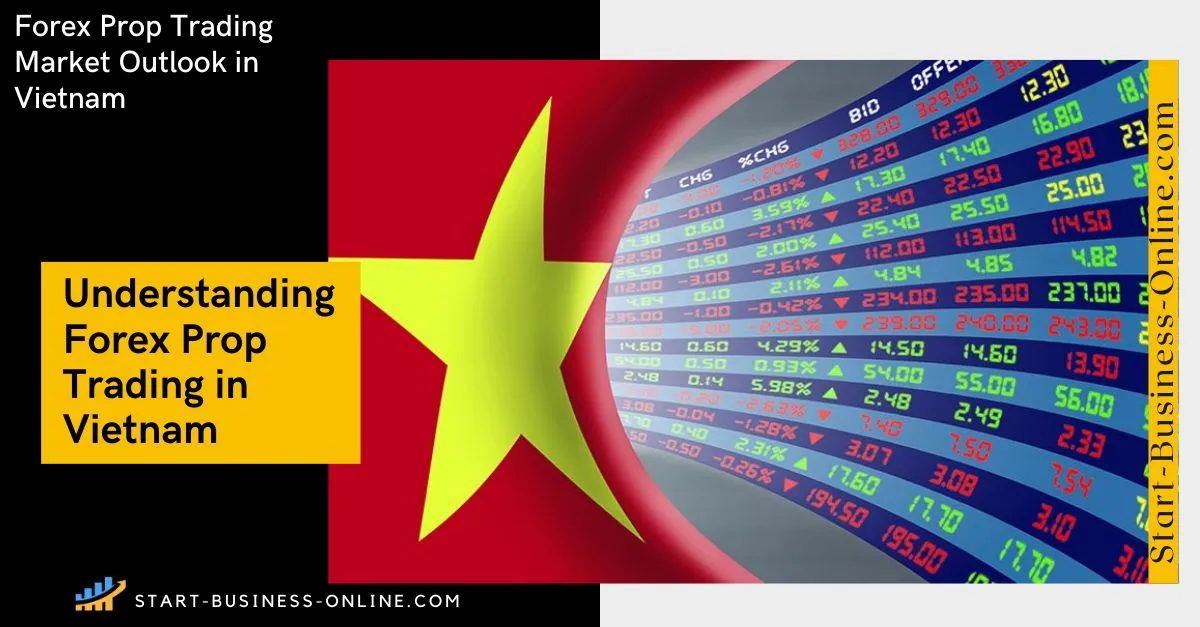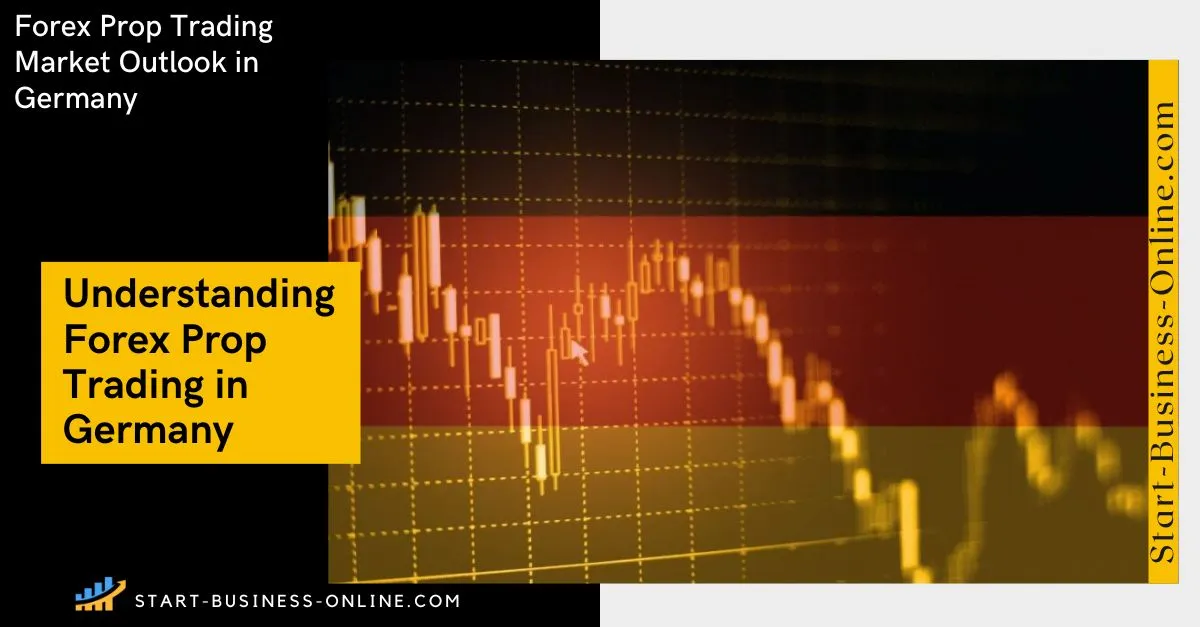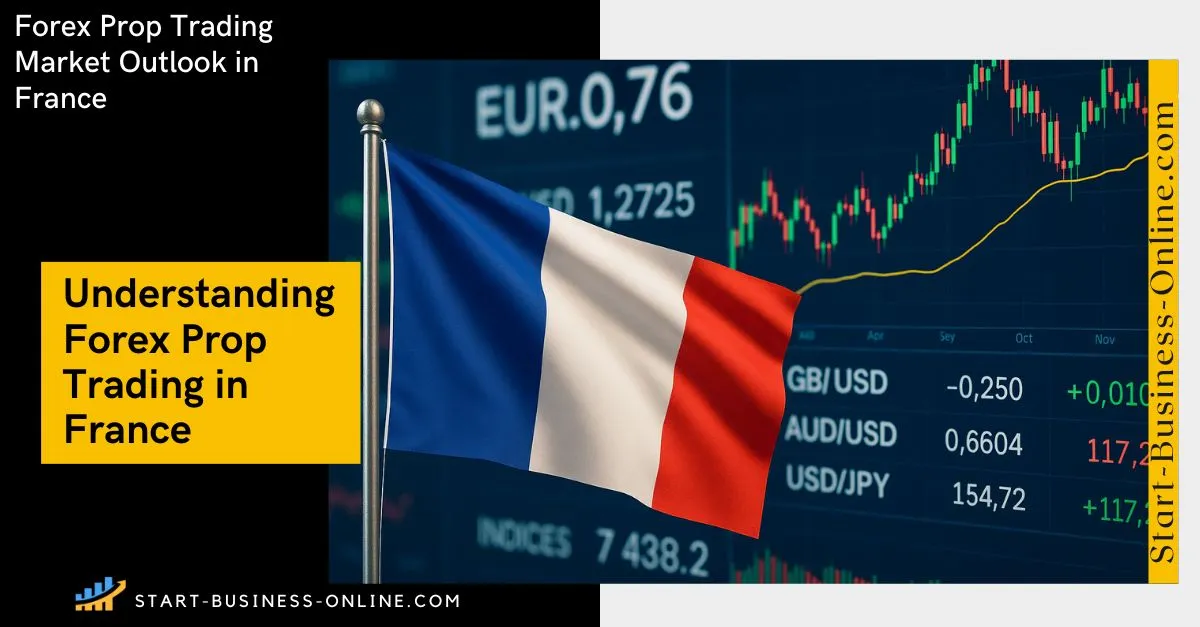Forex trading has been steadily growing in popularity across South America, a region not traditionally associated with wealthy economies. As awareness of Forex trading spreads, more people are recognizing it as an accessible opportunity to generate income and improve their financial circumstances. For many in South America, Forex has become a potential pathway out of economic hardship and into financial stability.
However, this rapid growth has also highlighted the need for robust regulatory frameworks to protect inexperienced traders and ensure market integrity. While challenges remain, significant progress has been made to create a safer and more reliable trading environment in the region.
Prop trading, short for proprietary trading, has gained significant traction in South America as more traders seek opportunities to leverage their skills in fast-paced financial markets. These firms, which provide traders with capital to execute trades in exchange for a share of the profits, are becoming a crucial stepping stone for ambitious traders looking to scale their careers.
In South America, where Forex, equities, and commodities markets are burgeoning, prop trading firms play a vital role in shaping the region's financial landscape. With a mix of global firms entering the market and local players catering to unique regional dynamics, South American traders now have access to a diverse array of platforms that offer cutting-edge tools, training programs, and flexible profit-sharing models.
This guide explores the current state of Forex trading in South America, focusing on the regulatory measures implemented across various countries to safeguard traders and support the growth of this dynamic market. Finally, we’ll delve into the best prop trading firms in South America, examining their features, benefits, and what makes them stand out in this competitive space. Whether you’re an aspiring trader or a seasoned professional, understanding the opportunities these firms offer can help you unlock your full trading potential in one of the world's most exciting emerging markets.
Forex Trading in South America – A Country-by-Country Guide

Below, you’ll find reviews of Forex trading conditions across various South American countries. Whether you're new to Forex or a seasoned trader, these guides provide valuable insights into each market. They cover essential information to help ensure a safe and productive trading experience.
As the Forex markets in South America are still developing, staying informed about critical details—especially those affecting trader safety and security—is more important than ever. These guides aim to equip you with the knowledge you need to navigate this evolving landscape with confidence.
Argentina: Navigating Forex Trading in a Volatile Economy
Argentina, home to over 44 million people and one of South America's largest economies, presents unique opportunities and challenges for Forex traders. With an inflation rate hovering around 50%, the country's volatile economic environment has a significant impact on trading conditions.
Forex trading was heavily restricted in Argentina until recent years, but as new leadership eased those restrictions, the market began opening up.
What are the things that every Forex trader should know in Argentina?
Despite the progress, local Forex brokers remain scarce, prompting many traders to rely on offshore platforms. If you choose to trade with an international broker, make sure that they are available in Spanish.
Brazil: A Growing Forex Market in South America
Brazil, the largest country in South America and home to nearly 210 million people has seen a significant shift in its Forex trading landscape. Once entirely restricted, Forex trading is now widely accessible to Brazilian traders.
What are the things to consider before choosing a Forex broker or a prop trading firm to trade with in Brazil?
As the market opens up, traders in Brazil increasingly rely on international brokers, given the limited local options. Choosing the right forex prop trading firm is crucial to ensure a smooth trading experience. Key factors include language accessibility, support for deposits in Brazilian real, and reliable licensing. With these considerations in mind, Brazil offers growing opportunities for traders in this evolving financial landscape.
Colombia
Colombia, with a population exceeding 50 million, has a fast-growing economy and an emerging Forex market. Trading is fully legal, and the government is actively working to establish regulatory frameworks to ensure a secure environment for traders. While the market is still developing, these efforts aim to attract more participants and create a safer trading ecosystem. The regulatory framework for financial markets in Colombia is overseen by the Superintendencia Financiera de Colombia (SFC), the nation’s financial watchdog. While prop trading firms are not directly regulated under specific prop trading laws, their activities often intersect with broader regulations governing financial institutions, brokers, and trading platforms.
What are the things to consider before choosing a Forex broker or a prop trading firm to trade with in Colombia?
Any firm operating in Colombia’s financial markets must adhere to SFC's licensing and compliance requirements. These regulations ensure that the firm meets transparency, capital adequacy, and ethical standards. Many international prop trading firms operate in Colombia without direct local registration but are regulated by well-known authorities such as CySEC, FCA, or ASIC. Traders should weigh the advantages of global oversight against the lack of local jurisdiction.
Chile
Chile, home to over 18 million people, boasts one of the most advanced financial sectors in Latin America. Despite this, Forex trading remains underdeveloped due to minimal regulatory oversight. Chile's financial markets are governed by the Comisión para el Mercado Financiero (CMF), the main regulatory authority overseeing the country's financial and securities sectors. The lack of comprehensive rules has limited market growth, although both local and international brokers are available to Chilean traders.
What are the things to consider before choosing a Prop Trading Firm or a Forex broker to trade with in Chile?
Prop trading firms operating in Chile may be required to adhere to CMF regulations, especially if they engage in activities involving financial instruments listed on the Bolsa de Comercio de Santiago (BCS), Chile's main stock exchange. Many international prop trading firms operate in Chile either through partnerships or as standalone entities. These firms are often regulated by global bodies like FCA or CySEC, offering traders an additional layer of confidence.
Peru
Peru's financial market is primarily regulated by the Superintendencia del Mercado de Valores (SMV), which oversees securities, trading activities, and financial institutions. With over 31 million residents, Peru is among South America’s more stable economies. Forex trading, however, remains unregulated, allowing brokers to operate without government oversight. This presents challenges for traders in identifying trustworthy brokers. While the financial sector has governing bodies, the absence of specific Forex regulations means traders must conduct due diligence to ensure their safety.
What are the things to consider before choosing a Prop Trading Firm or a Forex broker to trade with in Peru?
As Peru’s financial markets grow, the regulatory framework is expected to mature. Traders should stay updated on new developments to ensure compliance and informed decision-making.
Unlocking South America's Forex Potential: A Trader’s Perspective
The Forex market in South America is undergoing a transformation, one that traders worldwide should keep on their radar. While historically lagging behind established hubs like Europe, the continent is making strides toward building a safer and more transparent trading environment. For traders eager to tap into these burgeoning markets, understanding the region's evolving regulatory landscape is critical.
The Growth of Forex Regulations in South America
South America’s Forex market has traditionally been marred by issues like fraud and scams, particularly in countries such as Brazil and Colombia. However, recent regulatory advancements signal a shift toward greater security and legitimacy. This is promising news for traders looking to diversify their portfolios in emerging markets.
Authorities such as the Central Bank of Brazil are introducing frameworks to oversee broker activities, though regulation is still not mandatory for all brokers. This creates a dual environment where traders must carefully choose between locally licensed brokers and international ones regulated by respected entities like the FCA or CySEC. Each choice has its advantages: local brokers offer jurisdictional familiarity, while international brokers often provide robust oversight backed by proven track records.
Why Regulations Matter for Traders
For traders, a well-regulated Forex environment isn’t just a bonus—it’s a necessity. Regulations ensure practices like account segregation, where client funds are kept separate from brokers' operational accounts. This safeguard minimizes risks in cases of broker insolvency, adding a crucial layer of security.
Additionally, brokers in South America must meet capital adequacy requirements, which ensure they have the financial resources to weather market volatility. For instance, Colombian brokers must maintain a minimum capital equivalent to $265,000, a significant barrier that filters out less stable operators. These measures directly impact traders by creating a more reliable ecosystem.
Navigating the Licensing Landscape
South America’s licensing requirements are diverse and evolving. Traders should aim to work with brokers regulated either locally or by internationally reputable bodies. When considering local brokers, ensure they are licensed and comply with ongoing audits and operational standards enforced by authorities. For international brokers, verify their credentials with global regulators to ensure you’re trading with trustworthy entities.
Key Considerations for South American Traders
- Research Your Broker: Whether local or international, ensure your broker is licensed and has a clean regulatory track record.
- Understand Account Practices: Confirm that your trading funds will be held in segregated accounts for added security.
- Leverage Regulatory Oversight: Choose brokers that meet strict standards, such as capital adequacy requirements, to reduce your exposure to risks.
- Stay Updated: Each South American country follows unique regulatory approaches. Tailoring your strategies to the nuances of your target market will increase your chances of success.
The Path Forward
South America’s Forex market is still in its infancy compared to global leaders, but the trajectory is clear: safety and professionalism are on the rise. Traders who understand the regulatory landscape will find ample opportunities in this emerging region.
While the market may not yet rival established powerhouses, now is the perfect time for traders to position themselves in South America. With due diligence and a strong grasp of the regulatory landscape, you can navigate these markets with confidence, turning potential challenges into strategic advantages.
Ready to start your journey? Explore our in-depth guides for country-specific insights, and step into South America’s Forex scene with the tools and knowledge to thrive.
Frequently Asked Questions for Prop Trading Firms In South America (FAQs)
While prop trading firms are not directly regulated under specific prop trading laws, their activities often intersect with broader regulations governing financial institutions, brokers, and trading platforms. The Comisión Nacional de Valores (CNV) regulates the activity in Argentina, ensuring that participants' trading practices are fair, transparent, and secure.






